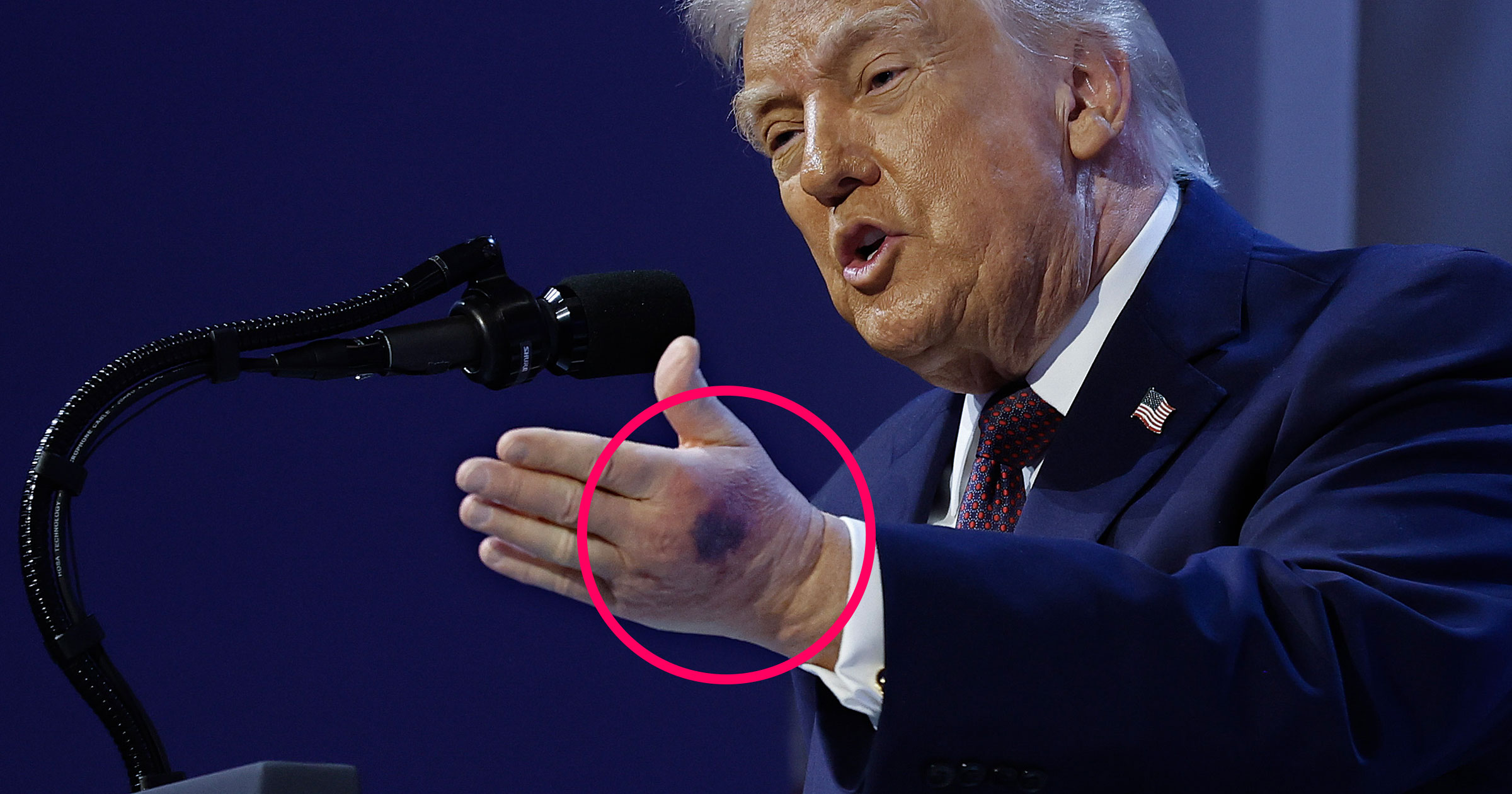
NASHVILLE, Tenn. – In a surprising turn of events, Kilmar Abrego Garcia, a Salvadoran native, is likely to remain in U.S. Immigration and Customs Enforcement (ICE) custody despite a recent judicial order for his release. This development comes amid a complex legal battle following his mistaken deportation earlier this year.
Immediate Impact
Abrego Garcia, who was mistakenly deported to El Salvador’s notorious mega-prison, has been returned to the United States. However, he faces imminent detention by ICE due to an immigration detainer, overriding a Tennessee judge’s decision to release him in connection with his criminal case.
Key Details Emerge
U.S. Magistrate Judge Barbara Holmes ordered Abrego Garcia’s release on Sunday, citing insufficient evidence of flight risk or obstruction of justice. Despite this, Holmes acknowledged that ICE detainment is likely, given the government’s standing immigration detainer.
“There is no suggestion that the action taken by the government will be anything other than detaining him in ICE custody pending further removal proceedings,” Judge Holmes stated.
Abrego Garcia is charged with allegedly transporting undocumented migrants within the U.S. as part of a conspiracy involving thousands of noncitizens from Mexico and Central America. Federal prosecutors claim this operation exchanged transport services for considerable monetary compensation.
Judge’s Skepticism
In her comprehensive 51-page order, Judge Holmes criticized the government’s evidence, describing it as “general statements, all double hearsay” from cooperating witnesses. She further noted that Abrego Garcia has no criminal history, questioning the reliability of claims regarding his alleged gang affiliation with MS-13.
“The Court does not find that these circumstances, when considered together, compel a determination that Abrego poses a risk of danger to the community or has the proclivity and incentive to flee rather than face prosecution of this case,” Holmes asserted.
Background Context
Abrego Garcia’s legal troubles began when he was deported to El Salvador in March, despite a 2019 court order prohibiting his deportation due to fears of persecution. His deportation occurred after the Trump administration labeled him an MS-13 gang member, a claim his family and attorneys vehemently deny.
The administration initially argued it was unable to facilitate his return to the U.S., but eventually brought him back to face charges outlined in a two-count indictment.
Testimonies Under Scrutiny
Judge Holmes expressed doubt regarding testimonies from two cooperating witnesses, which were pivotal to the government’s case. She described their accounts as lacking credibility and “defying common sense,” even without considering the multiple layers of hearsay involved.
By the Numbers
Of 14 human smuggling convictions since 2005, the average sentence was 12 months.
Judge Holmes highlighted this statistic while dismissing the notion that Abrego Garcia’s potential sentence was extraordinary enough to justify claims of a serious flight risk.
What Comes Next
A hearing is scheduled for Wednesday to determine the conditions of Abrego Garcia’s release. Meanwhile, Robert McGuire, the Acting U.S. Attorney for the Middle District of Tennessee, has filed a motion to stay the judge’s release order.
The outcome of this hearing could significantly impact Abrego Garcia’s future, as well as set a precedent for similar cases involving immigration detainers and judicial release orders.
As the legal proceedings continue, the case remains a focal point in the ongoing debate over immigration enforcement and judicial authority in the United States.







